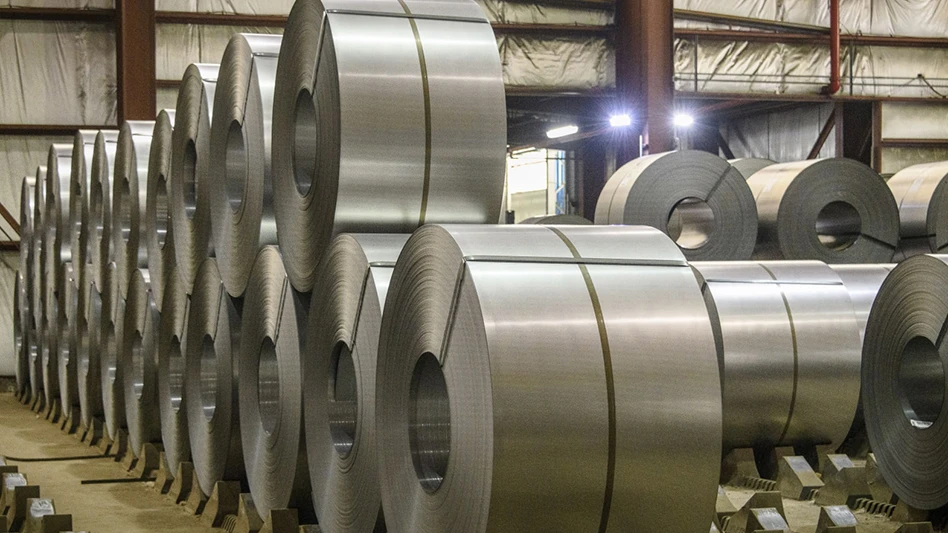Two global aluminum producers have announced cutbacks at primary aluminum production sites in Europe, with rising energy costs listed as a factor in the cutbacks.
United States-based Alcoa Corp. in late December 2021 announced it had reached an agreement with workers’ representatives at its San Ciprián aluminum plant in Spain “aimed at resolving ongoing challenges that stem from exorbitant energy prices.”
The agreement calls for a two-year curtailment of the smelter’s 228,000 metric tons of annual capacity and a commitment by Alcoa to begin the restart of the smelter in January 2024.
“With this agreement, we now have a path to resolve the significant challenges that the facility has faced and can begin to build a stronger smelter in two years,” says Alcoa President and CEO Roy Harvey.
Curtailment activities started Jan. 1. During the curtailment period, Alcoa says it will seek to “secure as soon as possible long-term power purchase agreements beginning from 2024. Also, the company has committed $68 million for capital investments and $35 million for restart costs.
A few weeks earlier, Alcoa unveiled a roster of technologies designed to help it create the low-carbon “refinery of the future for aluminum.” That list included attention to finding new ways to use shredded aluminum scrap.
Also in late December, the board of directors of Norway-based Hydro announced “a further curtailment of primary aluminum production” at the Slovalco plant in Slovakia, of which it is a majority owner.
“The decision will bring production down to around 60 percent of capacity and comes in response to very high electricity prices showing no sign of improvement in the short term,” states Hydro.
Hydro also has indicated it expects to produce its first near-zero carbon aluminum in 2022. The company points to carbon capture and storage (CCS) and its “proprietary HalZero technology” for converting alumina into aluminum chloride in a closed-loop process as technologies that will make this possible.
The aluminum producer also writes, “A third pathway to carbon-free aluminum is by recycling postconsumer aluminum, reducing emissions all the way to zero. This will be made possible by Hydro’s aluminum sorting technology and alloying expertise, in combination with replacing natural gas with green hydrogen or electrical heating at recyclers and cast houses.”
Latest from Recycling Today
- Magnomer joins Canada Plastics Pact
- Electra names new CFO
- WM of Pennsylvania awarded RNG vehicle funding
- Nucor receives West Virginia funding assist
- Ferrous market ends 2024 in familiar rut
- Aqua Metals secures $1.5M loan, reports operational strides
- AF&PA urges veto of NY bill
- Aluminum Association includes recycling among 2025 policy priorities





